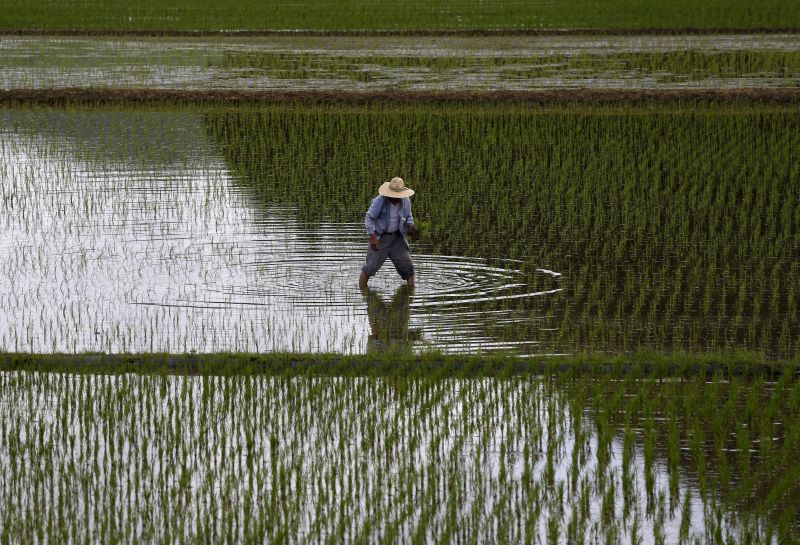PETALING JAYA, March 20 — The Agriculture and Agro-Based Industries Ministry has activated its emergency action plan to mitigate the impact of the heatwave on the agriculture sector.
Minister Datuk Seri Ahmad Shabery Cheek said three sub-sectors had been prioritised under the plan — fisheries, plantations and livestock.
“In line with our drive for food sovereignty, these critical areas will be given special attention to help decrease our dependency on imported produce and products,” he said.
The ministry had also halted exports of fish like kembong, selayang selar, cencaru and pelaling and allowed trawlers from the east coast to Sarawak to follow pelagic fish migration because of high temperatures.
Fishermen have been avoiding daytime fishing because of the intense heat, and the volume of fish being caught has dropped, according to University Malaysia Terengganu.
“As for aquaculture and fish farming, we have recommended recirculating water to minimise the strain on water pumps, and an integrated multi-trophic aquaculture programme to make upkeep of fish stocks more efficient,” Ahmad Shabery said.
The ministry had also distributed stress packs of combined vitamin and energy supplements to its field officers to hand out to poultry farmers and ensure sufficient water supplies for those raising free range live stock.
The ministry has in place an aid scheme to assist those affected by the heatwave.
On irrigation, Ahmad Shabery said 281 irrigation wells across the peninsula and 1,718 mobile high-capacity pumps capable of pumping between 85 and 140 litres per second were used in strategic farming sectors.
“The ministry has made available an initial RM20 million for 2016 and an additional RM4 million to deal with irrigation and water supplies for agro food activities,” he said.
“This is in addition the Integrated Agricultural Development Area in Kerian which will include an advanced screw pump system costing RM43million.”
Short-term crops such as rice and vegetables are the most water intensive followed by fruit such as papaya, banana, pineapple and mango.
The hot and dry weather may affect even long-term fruit like the durian, rambutan and duku if the current conditions persist.



















